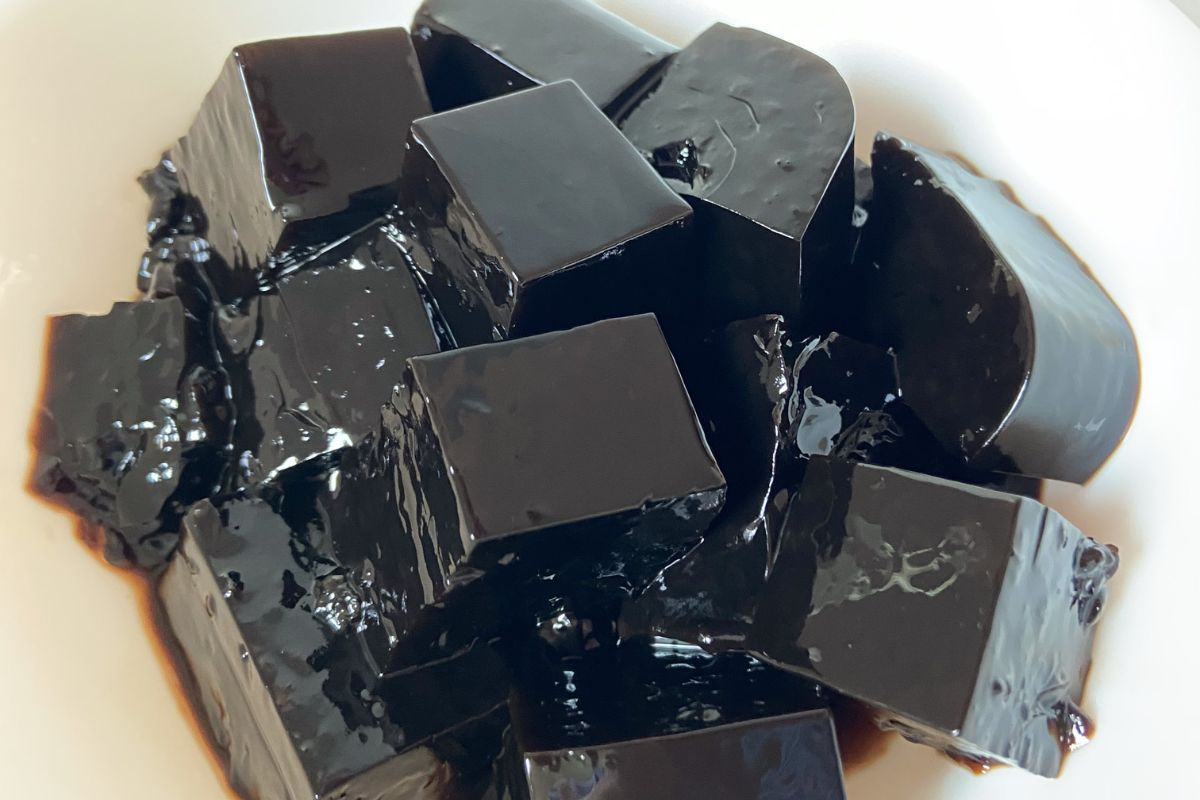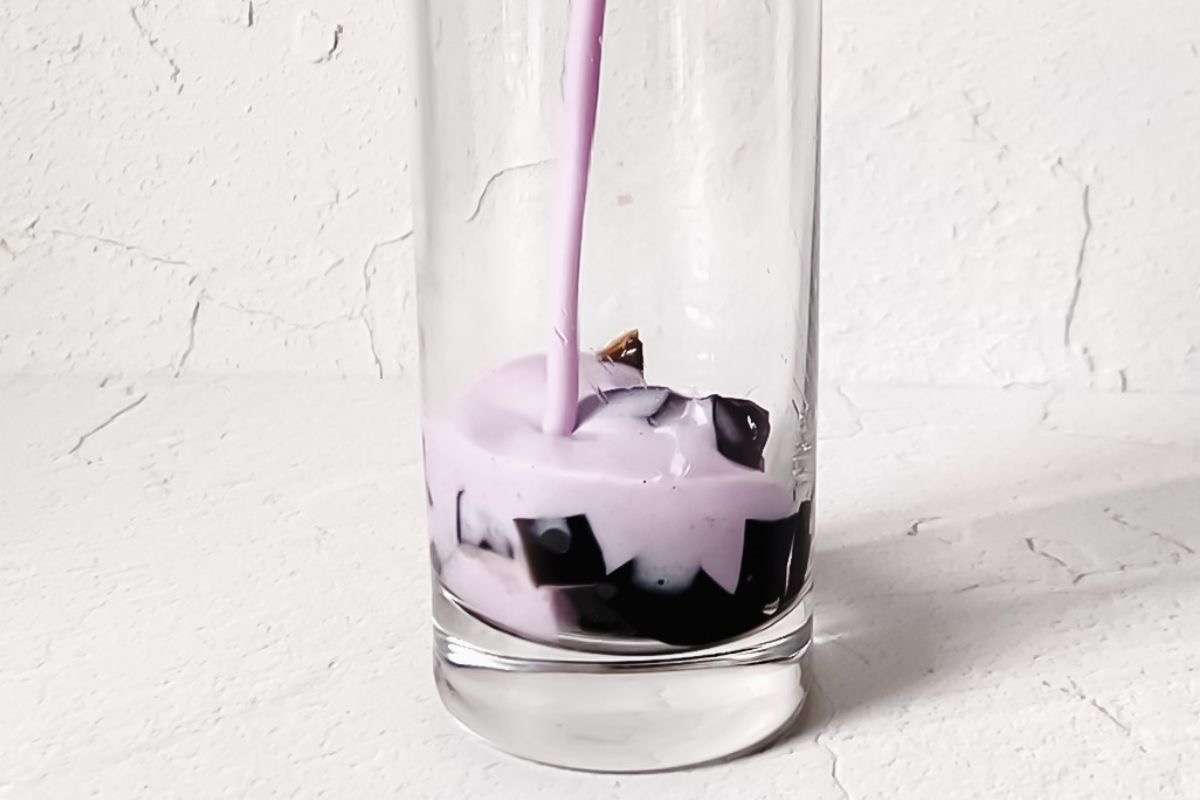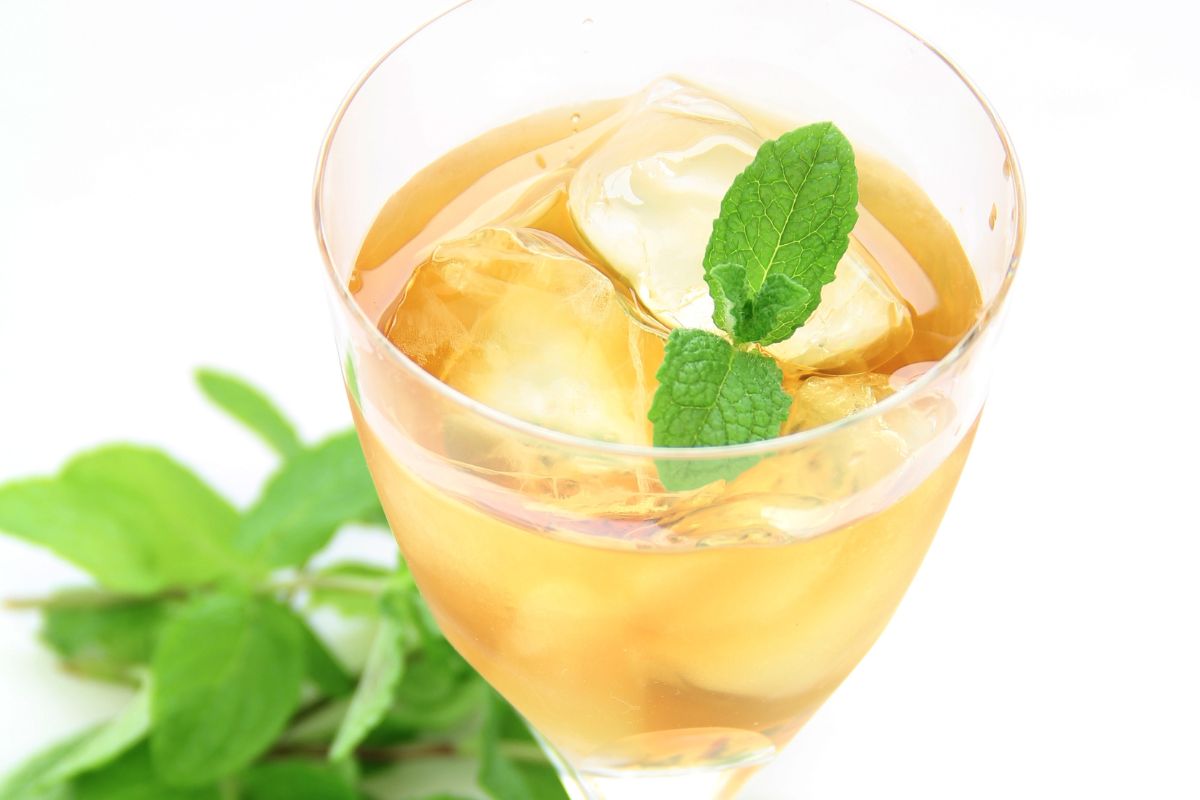Macedonian Mountain Tea: Benefits and Brewing Tips
A healthy and very palatable traditional herbal infusion

Macedonian mountain tea (called Planinski chai – планински чај), is a herbal tea made from Sideritis scardica beloved for its mellow minty taste and it’s potential health benefits.
In this post, I’ll be sharing what I’ve learned about mountain tea.
I’m sure you’ll find it as fascinating as I did!
As a tea enthusiast, I have always enjoyed exploring new types of infusions.
So, I was intrigued by the herbal tea I tasted when visiting my in-laws in North Macedonia.
But while I enjoyed its taste, I did not pay much attention to its true identity until my husband, who is beginning to drink herbal infusions, asked me (as the tea lover in the family) about it.
After conducting some research, I was pleasantly surprised to learn about the long tradition and excellent reputation of this tea.
What is Macedonian mountain tea?

Macedonian mountain tea or mountain tea is a herbal infusion made with dried flowers, leaves, and stems of the Sideritis Scardica plant.
Sideritis is a mint relative (from the family Lamiaceae) that grows in mountain regions of some Mediterranean areas, the Balkans and also in some parts of Macaronesia and Asia.
To prepare mountain tea, the upper stems of the plant are hand-picked during the months of June to September, when its flowers reach full bloom.
These stems are then left to air-dry.
Unlike other types of teas, usually, mountain tea comes in the form of dried stems.
The resulting tea is mildly herbal, with subtle minty aroma and taste.
The color of the tea liquor can range from chamomile-like yellow to dark brown.
You can mountain tea as is or sweetener, hot or cold.
Other names for sideritis and Macedonian mountain tea are:
- Ironwort (from sideros, which means iron in Greek)
There are two theories about this name:- some say that it got this name because in ancient times, this plant was used to heal wounds caused by iron weapons during battles
- others think the name comes due to the shape of the stems, which look like spears
- Shepherd’s tea – this name originated because mountain shepherds used to brew sideritis for tea while herding their sheep
- Albanian mountain tea
- Bulgarian mountain tea
- Greek mountain tea
Benefits of drinking Macedonian mountain tea

Mountain tea has been valued since ancient times for its medicinal properties.
For instance, some sources suggest that Hippocrates, a renowned Greek physician often called the ‘Father of Medicine,’ may have used sideritis for its therapeutic benefits.
Nowadays, this plant is still a popular natural remedy in many parts of the world, as it is believed to help treat flu, aid digestion, and improve mood.
While there is still limited scientific research on the therapeutic effects of mountain tea, the few available studies suggest that this infusion may provide a wide variety of health benefits.
For instance, it may:
- act as a potent antioxidant properties thanks to it high content in flavonoids – in similar levels as Camelia Sinensis tea (real tea)
- protect brain function
- promote the growth of beneficial gut microbiota due to the presence of phenolic compounds
- positively impact metabolism
- possess anti-microbial properties
[Source: Most of these claims are based in this study]
How does Macedonian mountain tea taste?
Macedonian mountain tea has a mild and pleasant herbal taste that reminds me of a delicate mint infusion, with hints of chamomile and citrus undertones.
I also find that its natural mildness makes it enjoyable even without adding sweeteners.
Is Macedonian mountain tea the same as Greek mountain tea?
As we’ve seen earlier, the herbal tea made from Sideritis is known by many names, such as Greek mountain tea, Bulgarian mountain tea, and Macedonian mountain tea among others.
So, you may be wondering if there are differences between them.
Although Sideritis has many subspecies, generally all these mountain teas are made from the same plant – Sideritis scardica.
So, in theory, these teas have lots in common.
That said, you may notice significant differences in taste and appearance among different types of mountain tea, depending on the mountain altitude or place of growth.
For instance, some mountain teas may have a stronger and more woody flavors, while others may taste milder or more citrusy.
Additionally, the flowers of some mountain tea types may differ in size and appearance.
For example, while many mountain teas have yellow flowers, the one you can see in the pics of this post (picked wild-picked in Gabrovo, on the border between Macedonia and Bulgaria) has purple flowers.

How to prepare Macedonian mountain tea
You can prepare Macedonian mountain tea either by cooking it in water or steeping it in hot water.
How to cook Macedonian mountain tea
This method makes stronger tea, so I find it more convenient if you want to use less plant stems or make larger amounts of tea.
- Put around mountain tea and water in a small pot. You’ll need around 1-2 stems of tea (depending on their size) per cup of water.
- Cover with a lid and bring to a boil.
- Let simmer for around 2 minutes. The lid should remain on so the tea preserves its essential oils.
- Strain and serve.
How to steep Macedonian mountain tea
I usually make the tea using his method, as I find it easier.
But both methods are actually very simple, and the choice between them is probably a matter of personal preference.
Time needed: 7 minutes
How to make Macedonian Mountain Tea
- Prepare tea
Put 2-3 stems mountain tea in a cup.

- Steep
Pour freshly boiled water, cover and let it steep for 5-10 minutes.

- Enjoy
Remove the stems (if you want) and enjoy!

Tips
- It isn’t necessarily to remove the stems before drinking: as most herbal teas, the tea doesn’t get bitter even if you steep if for longer
- You can re-steep the tea a couple of times, usually 2-3 times, until the taste gets weak
- Mountain tea can be sweetened with sugar, honey or other sweeteners, but it’s also very enjoyable as is.
- If you want to enjoy mountain tea as cold beverage, let the tea cool down before drinking.
Other questions related to Macedonian mountain tea
Macedonian mountain tea, which is an infusion of Sideritis scardica, is a caffeine-free herbal tea.
As such, it’s suitable to drink even in the evening.
While mountain tea is traditionally served without milk, I tried adding some and it still tasted good.
In my experience, adding dairy milk does not cause the tea to curdle.

Macedonian Mountain Tea
Equipment
- Water cooker Feel free to bring water to a boil using your preferred method
Ingredients
- 2-3 stems sideritis
- fresh boiled water
Instructions
- Put 2-3 stems of mountain tea in a cup

- Cover with fresh boiled water for 5-10 minutes

- Enjoy as is or sweeten to taste.

Video
Notes
- You may remove the stems before drinking or leave them there
- Mountain tea can be re-steeped
- Feel free to enjoy this herbal tea hot or let it cool down for a more refreshing version
Nutrition
Thanks for reading!
If you like trying different types of herbal teas from around the world, you may also like these other articles:







I had no idea about mountain tea until reading this. I find it fascinating to learn about different types of tea enjoyed around the world. Thank you for providing such an informative article and introducing me to something new!
Thank you for your kind words! I’m glad to hear that you found the information on mountain tea interesting and informative.
Thank you for sharing this! All I could find about Mountain tea was from tea shops. Reading about it from a tea lover like you has helped me a lot.
I’m so happy it helped! Thank you for your kind comment, Mia!